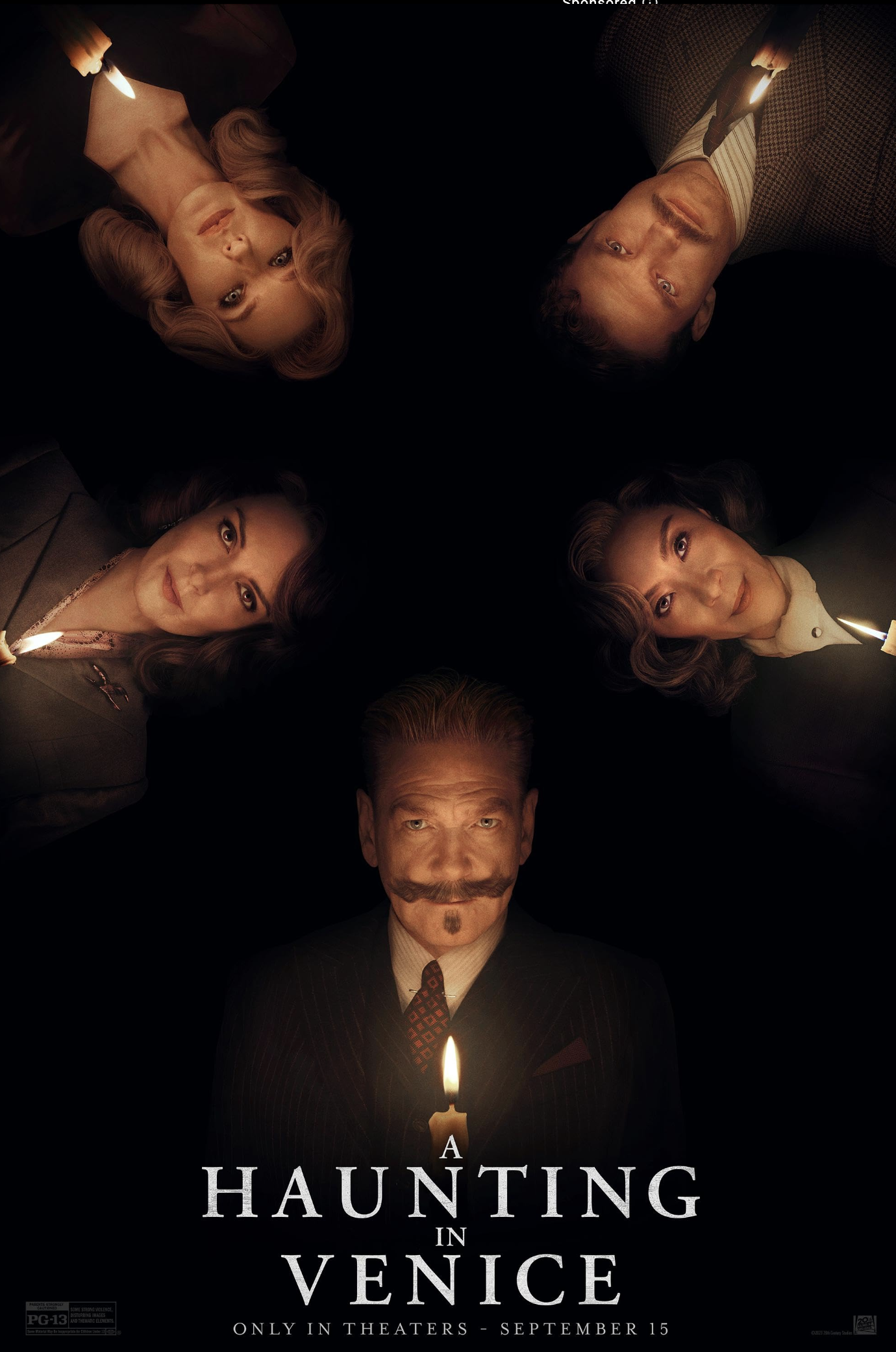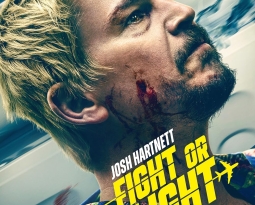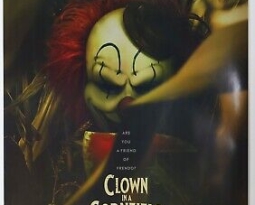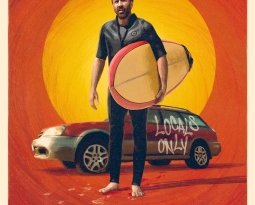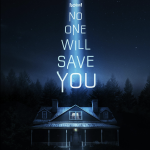In post-World War II Venice, Poirot, now retired and living in his own exile, reluctantly attends a seance. But when one of the guests is murdered, it is up to the former detective to once again uncover the killer.
Chuck says:
As much a horror film as it is a drawing room mystery, Kenneth Branagh’s “A Haunting in Venice” succeeds in pleasing fans of both genres. Tautly told and beautifully rendered, this adaptation of Agatha Christie’s “Hallowe’en Party,” employs the standard set-up that made the author millions and never seemed to bore her legion of loyal fans. It’s ripe for parody but Branagh and his able cast play it straight, treating every twist and turn, no matter how ludicrous, as if it were a sacred text that should never be tampered with.
The setting is post-war Europe, and the world and its citizens are wounded. Hercule Poirot (Branagh) has become a bit of a recluse, living in Venice, weary with all the death he’s encountered during his career, cynical as well about human nature and the evil we are capable of. However, author Ariadne Oliver (Tina Fey), who’s become rich and famous chronicling the detective’s exploits, attempts to get him to leave his self-imposed exile by asking for his help.
Seems a former opera singer, Rowena Drake (Kelly Reilly), has enlisted the aid of medium Joyce Reynolds (Michelle Yeoh) to contact her recently deceased daughter, Alicia (Rowan Robinson). Oliver is invited and she asks Poirot to accompany her. He’s skeptical from the start, especially after being told the home where this is to take place was once an orphanage, haunted by the spirits of children who met an unfortunate end there. However, once the séance takes place, events occur that even he cannot logically explain, followed by a murder that casts the light of suspicion on the other guests.
The list of usual suspects is a long one. On the surface, shell-shocked war doctor Leslie Ferrier (Jamie Dornan) and his son Leopold (Jude Hill) would seem above reproach, while the dead girl’s father, Maxime (Kyle Allen) obviously has nothing to gain by this act. Reynolds’ assistants, refugee siblings Nicholas and Desdemona (Ali Khan and Emma Laird) appear to have solid alibis, while Olga (Camille Cottin), the housekeeper, was with Drake when the murder occurred, so it obviously couldn’t be her. Would Poirot’s bodyguard Vitale (Riccardo Scamarcio) commit such a heinous crime? And it surely couldn’t be Oliver.
All the characters are put on the spot by the detective, peppered with questions, through which we learn their backstories, each one seemingly exonerating them of the crime. Of course, secrets are still kept, all of which are exposed during the eagerly anticipated third act gathering of those who are left – another murder takes place before the long night comes to a close – in which all is revealed.
As with the previous entries in the series, the film is a wonder to behold, the movie’s palpable sense of place, one of its strong suits. No expense has been spared in the production design or the location. The orphanage/palazzo is an imposing, oppressive setting, light struggling in every room to break through the darkness of past misdeeds. Branagh has obviously studied other gothic horror films, the house becoming a character of its own as its past and the danger it contains are revealed.
The cast, by and large, is strong, Allen being the weak link, sticking out like a sore thumb with his obvious choices and overwrought line readings. His cohorts more than make up for his shortcomings, all shining when the spotlight is turned on them. Seeing Dornan and Hill reunited, yet again as father and son, is a treat, the young man as impressive here as he was in Branagh’s “Belfast.”
But the draw here is seeing the actor/director in a role he obviously relishes playing. While there was a glint in his eye during the previous two outings, here he carries a look of resignation, barely containing the bitterness he feels over the way his life has turned out. When he casually mentions, “the slow extinguishing of my own soul,” as the price paid for his continually examining the worst cases of human behavior, it is the declaration of a man barely hanging on. The actor’s unadulterated portrayal of a lost Poirot makes his resurrection all the more meaningful.
In the end, Branagh is the straw that stirs the drink of these increasingly non-sensical concoctions. The solution to this particular mystery tests our credulity, but then again, this is where some of the appeal of Christie’s tales lie. It’s rather ridiculous, but in the end, the skill with which the story is told and the artistry evident in its rendering make “Haunting” worthwhile viewing.
3 1/2 Stars

